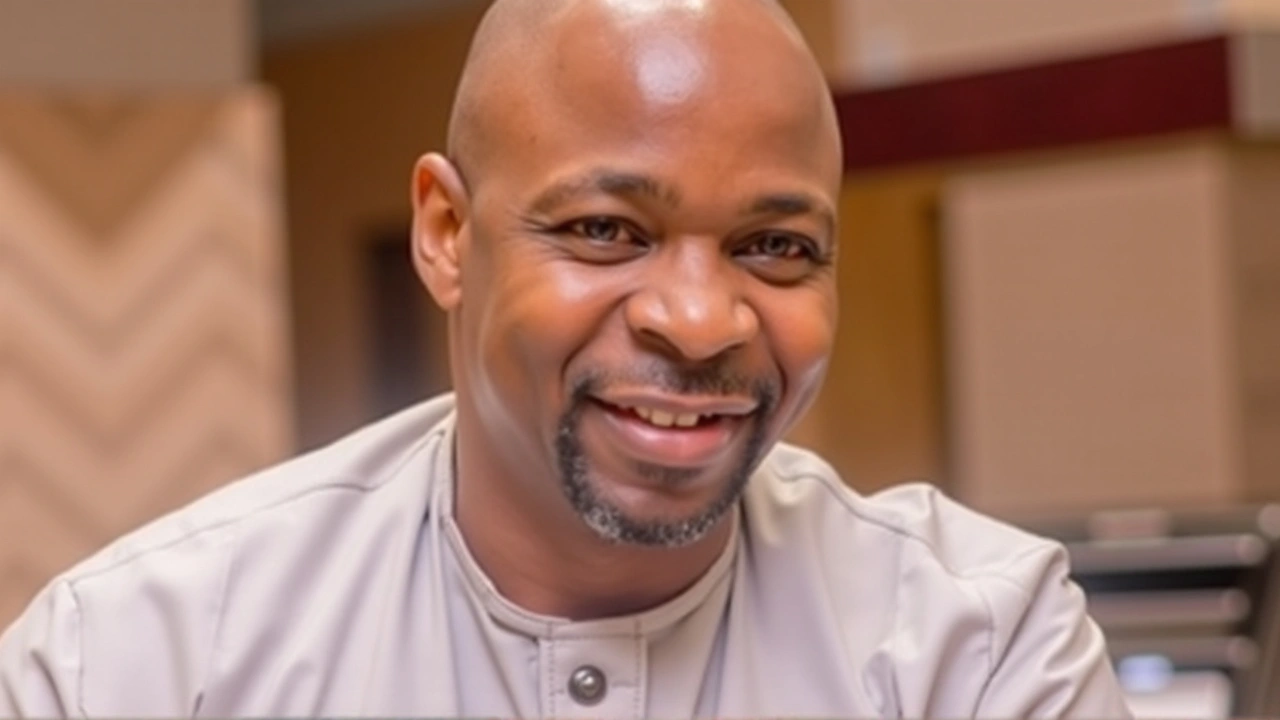Elections aren’t just political games—they have real consequences for Africa’s wildlife and game farms. When new leaders step in or old ones hang on, decisions get made that ripple out to every corner of conservation, tourism, and rural economies. Miss out on these changes, and you’re missing the full picture of what shapes Africa’s natural legacy.
First up, government priorities shift with every election. One year, funds pour into anti-poaching patrols and conservation. The next, the focus might move to agriculture or infrastructure, leaving critical wildlife programs scrambling for support. Game farms—some privately owned, others run by communities or the state—feel these swings directly. Fewer resources often mean tougher times for rangers and less protection for endangered species.
Elections also stir up changes in laws related to land rights. Politicians routinely rework land ownership policies to win votes or appease powerful groups. Sometimes, game farmers win big, gaining formal legal recognition or fresh financing for animal stocks and eco-tourism projects. But when the political winds shift, game reserves can lose land to new development plans or land reform schemes, creating uncertainty for the people and animals who rely on them.
Conservation regulations are not immune to election fever. Candidates may promise to crack down on illegal hunting, increase protected areas, or introduce taxes on wildlife products—sometimes just for the headlines. After the ballots are counted, follow-through can be a mixed bag. In countries like Kenya and South Africa, new administrators often face pressure to balance conservation with job creation, especially when unemployment is high. That tension leads to tough choices about trophy hunting, controlled burning, or opening reserves for mining and energy projects.
Game farm owners and managers rarely stay neutral. Elections push them to lobby harder for supportive policies and predictable rules. They organize forums with candidates, circulate open letters, and work with local communities to make sure their voices are heard in the lead-up to big votes. For visitors planning safaris, these political shifts decide which parks thrive and which ones struggle. Infrastructure upgrades, permit fees, and security for travelers—all these basics can swing with the political mood.
So, why keep an eye on election news if you care about Africa’s wildlife? Because the decisions made at the ballot box don’t stop at parliament doors. They reach the front lines where rangers patrol, where elephants graze, and where families depend on the land for their futures. Stay tuned for current stories, expert opinions, and in-depth looks right here, so you can see how politics is shaping Africa’s wild spaces in real time.

Musiliu Akinsanya, known widely as MC Oluomo, triumphs as the newly elected national president of the National Union of Road Transport Workers (NURTW). With delegates from Lagos, Ogun, Ondo, and Ekiti states converging, the election was held at Osun state’s zonal secretariat along the Osogbo/Ikirun road. Following his election, Akinsanya highlights forgiveness and unity within the union, signaling a fresh chapter after past controversies.
Read More >>